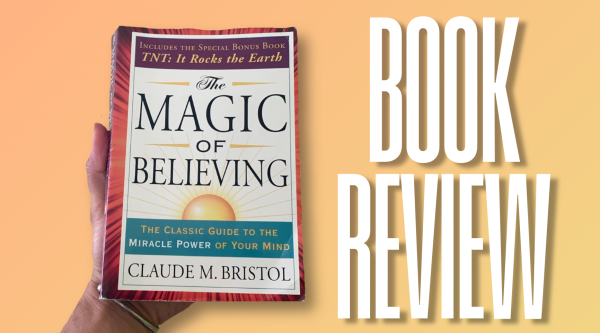Garth Greenwell’s Echoes of Intimacy & Respect
In “Cleanness,” author Garth Greenwell tackles tough questions, extrapolating the desires of his debut novel “What Belongs to You” to produce a sensually honest and structurally poetic spectacle of queer love and autofiction.
What does it mean to desire something in the age of instant gratification? Or, more importantly, how do we preserve our sense of self amid moments of insatiable longing? In his newest novel, “Cleanness,” author Garth Greenwell tackles these questions, extrapolating the desires of his debut novel “What Belongs to You” to produce a sensually honest and structurally poetic spectacle of queer love and autofiction.
Published in 2016, “What Belongs to You” follows an unnamed American professor and writer in Sofia, Bulgaria, who searches for intimacy in cruising spots. In the novel’s opening scene, he meets Mitko, a beautiful hustler, who quickly becomes intertwined both physically and emotionally in the desires of Greenwell’s narrator.
The emotional complexities between Greenwell’s narrator and Mitko are well-written in “What Belongs to You,” but in his second novel “Cleanness,” Greenwell revisits the blaze of sexual desire between his characters with new precision and structural experimentation. “Cleanness” follows the same unnamed narrator in a multitude of sexually and politically-charged scenarios. Frequently revisiting the narrator’s relationship with a man named R, Greenwell elevates the scenarios of “Cleanness” in a new, more meaningful form that is not concerned with the linear movement of time or clear plot points. Instead, Greenwell challenges the reader to visit his vignette-like chapters as symmetrical portraits of a man seeking harmony with his emotions.
It is this reverence for honest emotion that makes the fictionality of Greenwell’s prose difficult to believe. Before becoming a Guggenheim fellow and closely-watched literary novelist, Greenwell taught English in Bulgaria and worked as a writer. However, whether his narrator’s journey is entirely “real” is unimportant — his intimacy in both novels is a testament to the truth that lies in fiction.
This honesty comes in resonant, lyrical prose. As Greenwell’s narrator speaks with his sister about her sexual experiences in “What Belongs to You,” he chronicles his own desires, telling the reader: “I knew she would outgrow the satisfactions she had found, that soon she would desire other and more intense experiences, drawn forward by those appetites we share, that humiliating need that always, even in moments of my apparent pride, run alongside my life like a snapping dog.”
And in both novels, Greenwell grapples with that “snapping dog” of desire in prose that is erotic, without ever losing respect for the bodies he depicts. As his narrator is thrust into a graphic sexual situation in the second chapter of “Cleanness,” readers are confronted with the violence of desire and submission. Greenwell balances these urges of masochistic desire with the importance of consent, demanding mutual respect in any intimate encounter.
While exploring these sexual dynamics, the idea of “Cleanness,” or a surrender to the restrictive and heteronormative ideas of sexuality, is at the center of Greenwell’s novels and encapsulates how many readers may feel when exploring their relationship with the desires that society shuns. In doing so, Greenwell navigates discomfort and vulnerability with an impeccable literary voice; desire is not a flat emotion designed to propel the novel’s plot but a continuously compounding inevitability.
In this way, Greenwell echoes what readers may not know—but certainly feel. He echoes the emotions that pull and writhe in the mind of readers, producing an intimacy on the page that transcends homoerotic storytelling to produce a story that revels in psychological complexity.
For young queer readers, Greenwell’s narrator is not a perfect reflection of an individual’s experience but a reminiscent echo. Each carefully constructed chapter in both “What Belongs To You” and “Cleanness” reverberates with the hostile, erotic and beautiful essence of the queer experience, thereby echoing the desire to understand our own insatiability.













































































































































































































